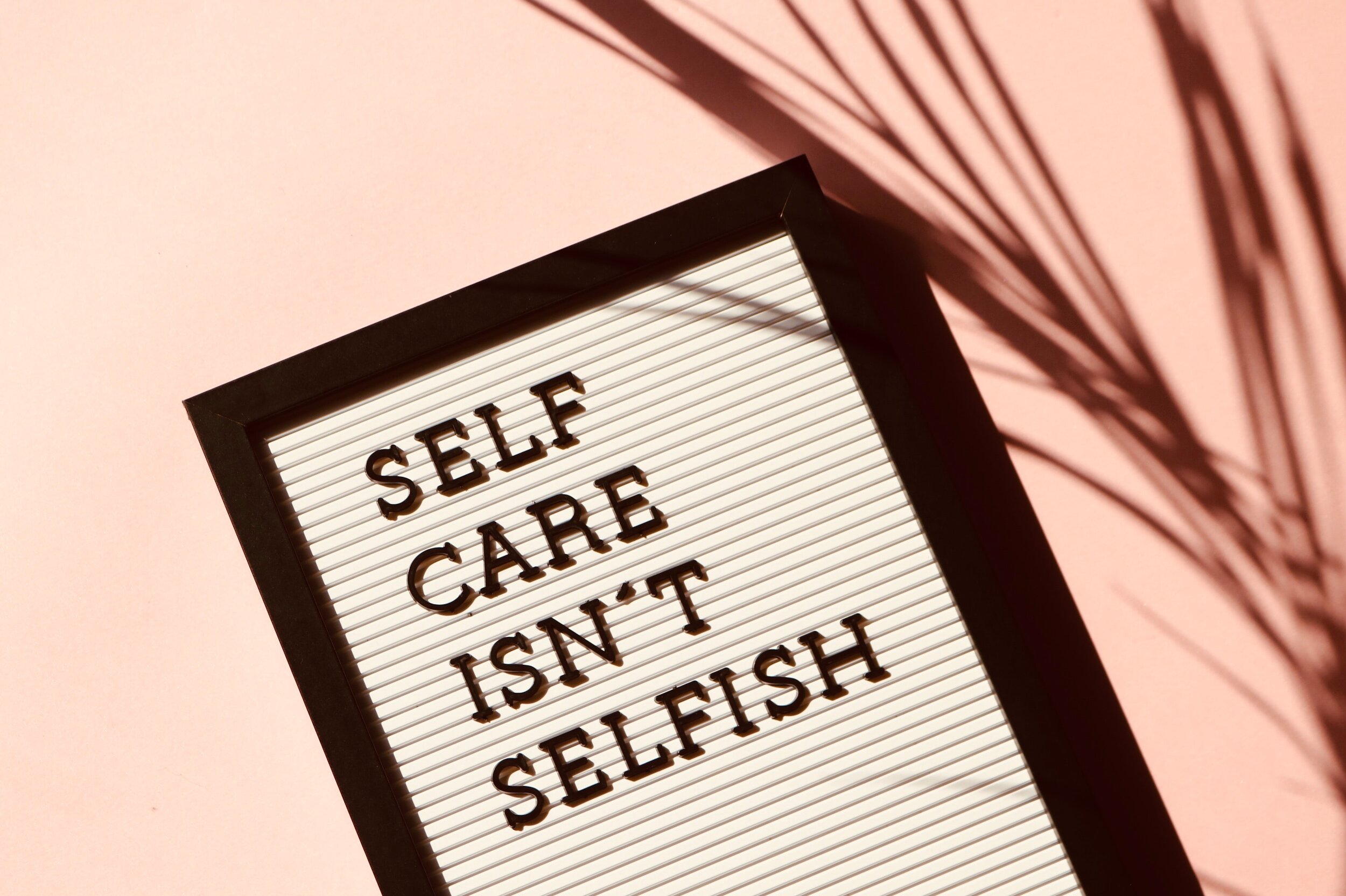Do you ever find yourself feeling anxious, irritable and out of control? You’ve got that person who refuses to do things the way you think they should and it’s causing stress in your life and theirs. You believe deep down that if your child, partner, coworker, parent, sibling, random driver on the road would just do things “the right way” (your way), things would be so much better for everyone. You spend energy thinking about how you can change them. Then, you find yourself frustrated and resentful when you realize they are going to continue doing things their way. Often, you spend energy that could be spent managing yourself focused on the other person. And, all of this results in more feeling out of control and stuck.
It’s uncomfortable when other’s choices cause inconvenience, stress, and pain for you. Maybe someone in your life is drinking too much to cope. Maybe they are choosing an unhealthy relationship. Maybe they aren’t showing up emotionally for you. Maybe someone is in a self-destructive space and you can’t help them snap out of it. Regardless how much you care about the well-being of others, one thing is true. The only person you can control is yourself. You cannot control your friends, family, children or anyone else.
So, what are you supposed to do with this tension of believing life would be better if only others would do what you say and the reality that people are only in charge of their own thoughts, feelings, and actions? Finding your lane of healthy self-control and developing the discipline to stay in that lane is the pathway to your freedom.
5 Ways to Find Your Lane and Stay in It:
1. Accept what you can and can’t control. You can only control yourself. Your energy is best spent focusing on managing your thoughts, emotions, and actions well. Focusing on others behavior is an unhelpful distraction and a waste of energy. Try making imaginary bins for what you can and can’t control and sort things into them when you find yourself in frustrating situations with others.
2. Notice anytime you are saying or thinking, “If they would just…” Thoughts and conversations that revolve around what others should be doing differently indicate you’re driving in someone else’s lane in which you have no control. This will result in consistent frustration and exhaustion. Try reminding yourself to get back in your lane where you have healthy power and self-control.
3. Focus on understanding and mastering your own lane. Think honestly about how you are managing your thoughts, feelings, and behaviors. Notice things you might want to change such as taking better care of yourself, developing healthier coping skills, working on your relationship skills. Try choosing a couple of specific areas and intentionally focus your energy on your personal growth.
4. Pay attention to boundaries. Often when you are out of your lane, it means you need to adjust boundaries. Instead of focusing on changing someone else’s behavior, try focusing on how you will adjust your engagement in the relationship if the other person continues with unhealthy behavior. Maybe spend less time with them, share less vulnerable information, invest less energy. Or with parenting, perhaps you reduce privileges or make electronics contingent on responsible behavior.
5. Ask for what you need directly with kindness. When someone else’s behavior is negatively impacting you, it is more effective to have a direct, kind conversation than to try to control their behavior. Try saying, “When you ______, I feel _______, what would work better for me in our relationship is _______.” Once you’ve had the conversation, you can observe whether the person responds with openness and intention to respect your needs. If they do, great. If they don’t, stay in your lane by changing your boundaries in the relationship.
Staying in your lane is not selfish. In fact, it’s one of the most healthy, loving things you can do for others. By staying in your lane, you provide space for others to learn the healthy practice of staying in and managing their lane.
Stephenie is a Licensed Clinical Social Worker with 19 years experience specializing in emotional/relational health counseling. Stephenie loves hearing others’ stories and helping people find new perspective that produces peace, healing, and connection through individual counseling. Stephenie provides treatment for adults, teenagers, couples, and families with anxiety symptoms, parenting struggles, teen issues, depression, grief, divorce, and other life transitions. Realizing your life is out of balance and ready to schedule your initial counseling session? Connect here for information about counseling Stephenie provides and get your initial therapy session scheduled.














